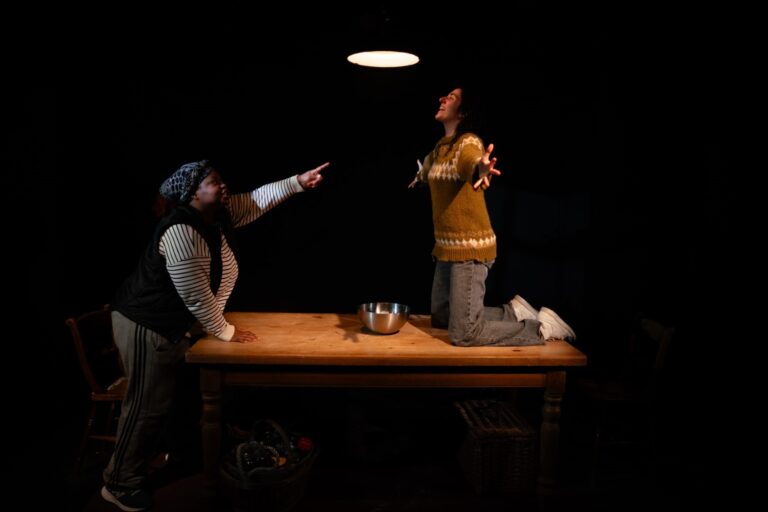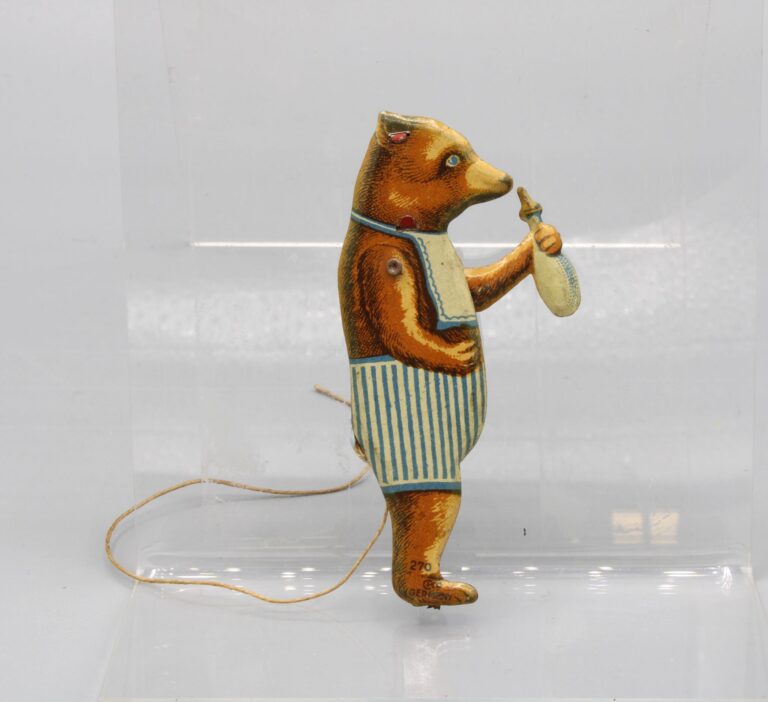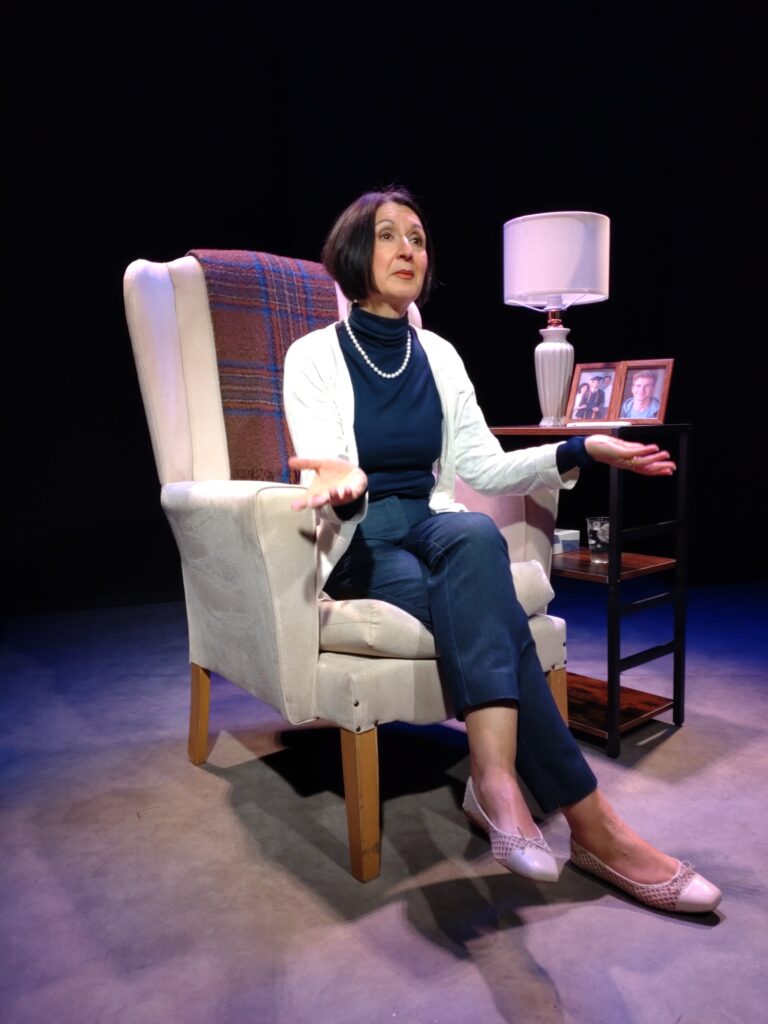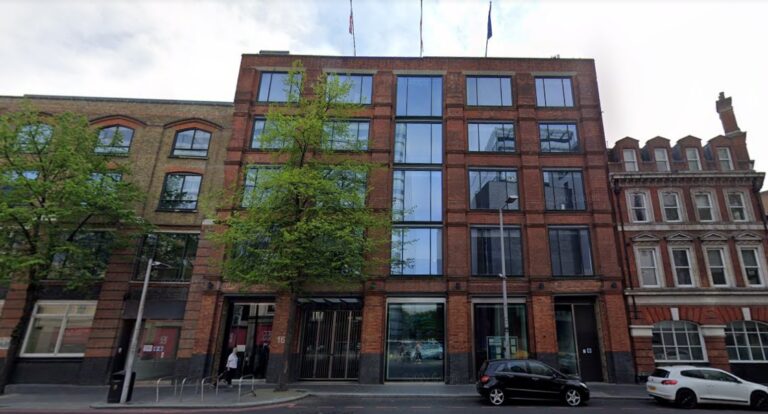Is knowledge important or superfluous?
A big production in a compact space, Chekhov’s Three Sisters offers no doubling up of roles, one role per actor, a rare joy, writes Eleanor Thorn.
Clocks chime; time is passing. Age and the fear of growing old without first figuring out the meaning of Life is of central concern. Irina (Ruby Thompson), then 24, declares, “I’m old, I’m falling into an abyss”, in a state of despair at not fulfilling her dream, the femme fatale stance causing mirth amongst the audience.
Dreams and destinies, and the big question: ‘Why are we alive?’ dominate. Desires to go to Moscow, to marry and stop working, to do manual labour, to rid oneself of inactivity; dreams of those born into privilege at a time and place when the social divide was fodder for revolution. They wait for clarity of mind, for things to happen, for people to arrive and to depart.
It is both 20-year-old sister Irina’s Saint’s Day and the anniversary of the death of their father. Her suitor, Tuzenbach, aka the Baron (Michael Abubakar), laments his own idleness and like she, yearns for ‘real work’. With sister Olga (Michelle Terry), Irina awaits guests. Sullen sister Masha (Shannon Tarbet), would have left grumpily had it not been for the unexpected arrival of officer Aleksandr (Paul Ready) “from Moscow!!”, whose allure diminishes slightly once we learn he has a wife and children.
We are in a remote garrison town, where boredom reigns in the house they and their brother Andrei (Stuart Thompson) have been left. All suffer acute existential angst. “We will be forgotten, like those who’ve died already”, says Masha, continuing, “Torture is illegal, hanging is abolished, but still there’s suffering everywhere in the world.” Written 125 years ago, some things have not changed.


The sisters are educated, but is knowledge important or superfluous? Nothing alleviates the dullness, other than the presence of the military. Masha says: “civilians are so rude” and soldiers so decent. On the other hand, “Life on Earth will be beautiful and amazing”, states the more optimistic Baron. Less rosy is Irina’s outlook: “Life has drowned us like weeds in the rain.” Both sister-in-law Natalya (Natalie Kalmar) and Masha suffer moments of madness.
The lighting and snuffing out of candles and dancing of candelabras make for beautiful Act changes. The music (live) turns ominous. Fast forward: Andrei and Natalya have a baby; Irina and Olga have jobs. Irina’s is “work without poetry, without meaning”.
Finally, we are in the garden, and we, the audience, are the trees. Candlelight is forgotten, and daylight streams in from windows behind us. Soldiers are leaving for Poland (like today’s for Ukraine); Irina and the Baron are to leave for Moscow; Olga has become headmistress; Masha’s maelstrom of frustration builds as she can only watch the migrating birds with envy. “Different people have different destinies”, says her husband. Despite a gunshot and momentous news, the music finally becomes cheerful, and all are a-frenzy. Irina cries “We’re going to live! If only we knew what we’re suffering for!”. Not all their questioning goes answered.
This my first time in Sam Wanamaker’s Playhouse, indoors, unlike its adjoining Globe, I marvelled at the role of Candlelight Designer (Anna Watson). This was only my second Chekhov, I confessed to fellow reviewer to my left, who expressed envy at my fresh eyes. She had translated the play when Kristin Scott Thomas had played Masha the last time. We agreed this was a good one in understated appreciation as we left.
Sam Wanamaker Playhouse, The Globe, SE1 until 19th April.
Booking and full details: www.shakespearesglobe.com






